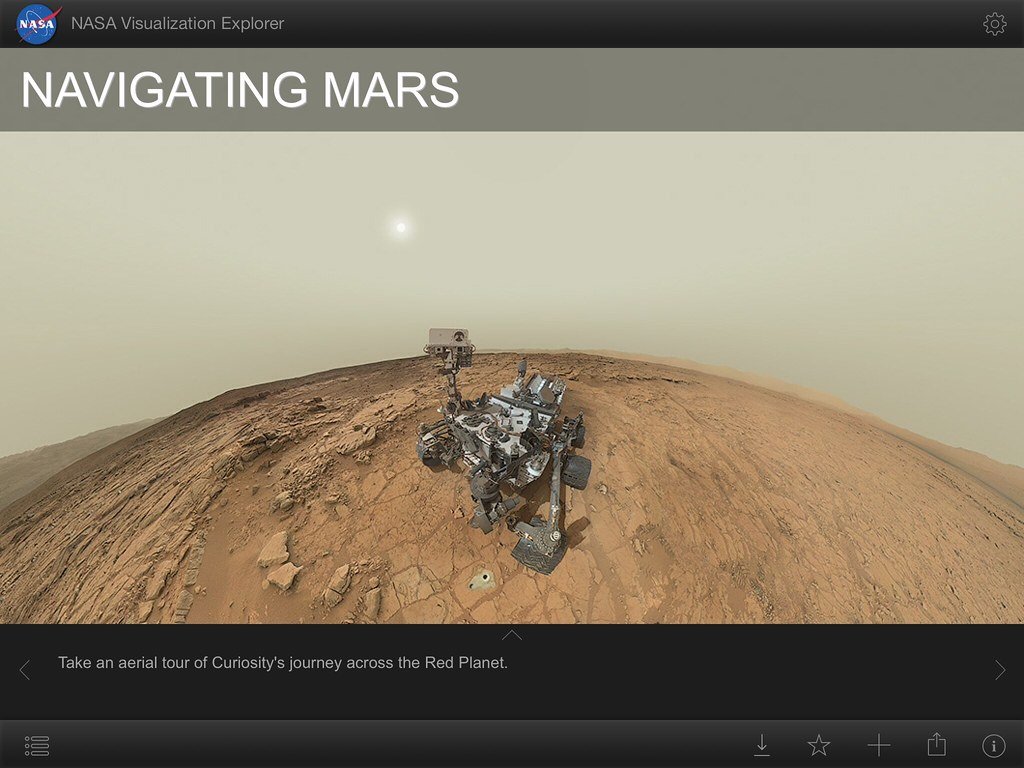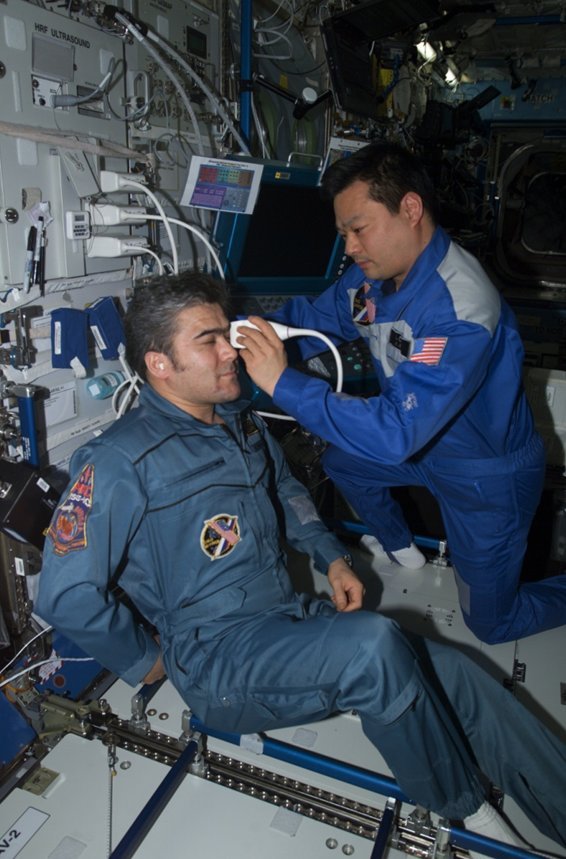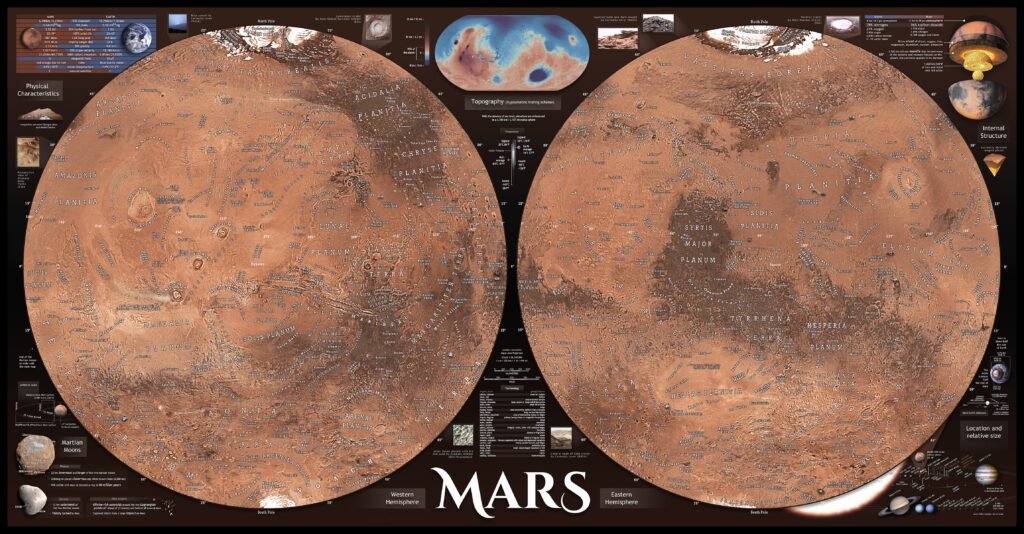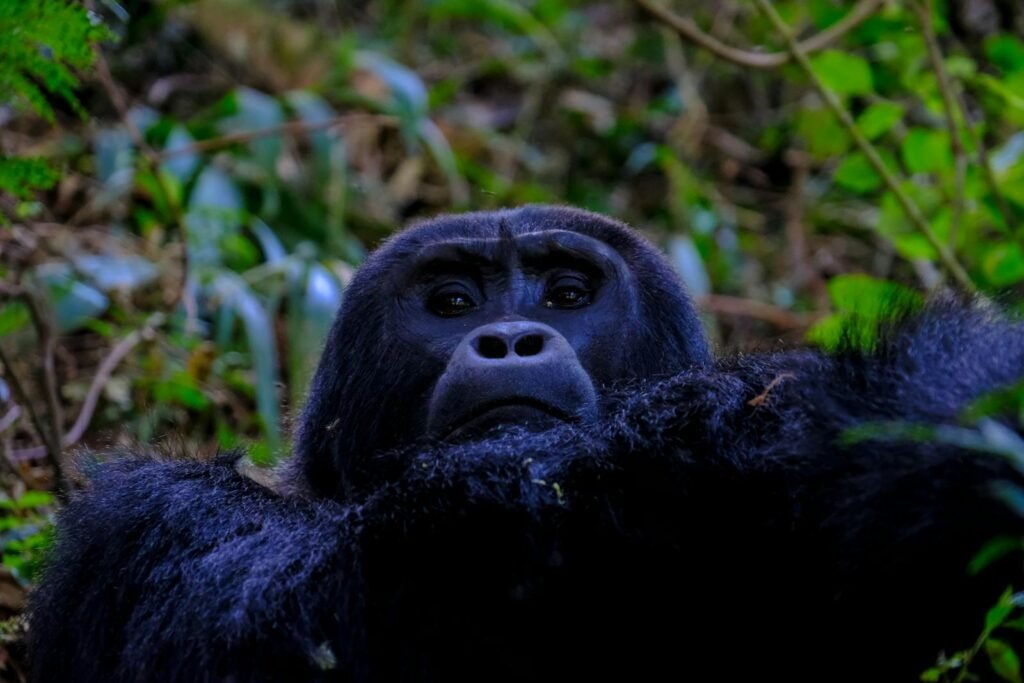Picture this: humanity’s first child born on Mars takes their first breath of recycled air inside a pressurized habitat, while outside, red dust storms rage across alien terrain. But as this Martian-born human grows up, questions emerge that Earth-bound societies have never faced. What does it mean to be male or female when gravity is weaker, when your body develops differently, and when survival depends on small communities working together regardless of traditional gender roles?
The Biological Foundation Shifts

On Mars, human biology faces unprecedented challenges that could fundamentally alter how we understand gender at its most basic level. The planet’s gravity is only 38% of Earth’s, which means bones develop differently, muscles work in new ways, and even our cardiovascular systems adapt to entirely different conditions. Research from astronauts on the International Space Station shows that prolonged exposure to reduced gravity causes bone density loss and muscle atrophy. For Martian colonists, these changes would become permanent adaptations passed down through generations. The physical differences between males and females that evolved on Earth might become less pronounced or take entirely new forms. Scientists theorize that the traditional sexual dimorphism we see in height, muscle mass, and bone structure could shift dramatically in Mars’ unique environment.
Reproduction Becomes Everyone’s Business

In small Martian colonies where every person’s survival depends on the group, reproduction shifts from a private matter to a community concern. Unlike Earth’s billions of people, early Mars settlements might have only hundreds or thousands of inhabitants, making genetic diversity a critical issue. Traditional gender roles around childbearing and child-rearing would likely evolve into shared community responsibilities. The harsh Martian environment means that pregnancy and childbirth would require extensive medical support and community resources. Every successful birth becomes vital for the colony’s long-term survival, potentially leading to social structures where reproductive health and child-rearing are viewed as collective duties rather than individual choices. This communal approach could break down traditional gender expectations about who cares for children and who makes reproductive decisions.
Hormones in an Alien World

Mars’ unique environment could play havoc with human hormonal systems, potentially altering the biological basis of gender identity and sexual characteristics. The planet’s weaker magnetic field exposes colonists to higher levels of cosmic radiation, which research suggests can affect hormone production and cellular function. Additionally, the psychological stress of living in an isolated, dangerous environment triggers different hormonal responses than those experienced on Earth. Studies of isolated communities like Antarctic research stations show that prolonged separation from normal social structures can affect testosterone and estrogen levels. On Mars, these changes might become permanent adaptations, possibly leading to new patterns of gender expression and identity that reflect the planet’s harsh realities rather than Earth’s evolutionary history.
Social Roles Get Reshuffled

Traditional gender roles that developed over thousands of years on Earth would face an immediate reality check on Mars. Physical strength advantages that males typically have on Earth become less relevant when everyone must rely on technology and machinery for survival tasks. The demanding technical skills needed for maintaining life support systems, growing food in artificial environments, and conducting scientific research don’t favor one gender over another. Martian society would likely develop role assignments based on individual abilities, interests, and community needs rather than gender expectations. The typical Earth-based divisions of labor – where certain jobs are seen as “men’s work” or “women’s work” – would seem absurd when everyone must be capable of multiple survival skills. This practical necessity could create the first truly gender-neutral society in human history.
Identity Without Earth’s Mirror

Growing up on Mars means developing gender identity without Earth’s massive cultural framework of movies, literature, fashion, and social media that constantly reinforce gender norms. Martian-born humans would create their own understanding of gender based on their unique experiences and community needs. Without access to Earth’s vast array of gendered products, clothing styles, and cultural symbols, Martian society might develop entirely different ways of expressing gender identity. The focus on survival and scientific advancement could lead to identities built around competency and contribution rather than traditional masculine or feminine traits. Young Martians might not even understand why Earth humans place so much importance on gender categories that seem irrelevant to their daily lives of maintaining atmospheric processors and growing food in underground hydroponic farms.
Technology Levels the Playing Field

Advanced technology on Mars could eliminate many of the biological differences that historically influenced gender roles on Earth. Exoskeletons and powered tools mean that physical strength becomes irrelevant for most tasks. Artificial wombs and advanced reproductive technology could separate pregnancy from traditional female roles, allowing any colonist to contribute to reproduction regardless of biological sex. Virtual reality systems might even allow Martians to experiment with different gender presentations and identities in ways that Earth’s physical limitations never permitted. The integration of human and machine capabilities could lead to post-gender identities where individuals define themselves by their technological augmentations and capabilities rather than biological characteristics. This technological enhancement might make the entire concept of binary gender seem as outdated as using horses for transportation.
The Psychology of Isolation

Living in small, isolated communities with the same people for years or decades would create unique psychological pressures that could reshape how gender identity develops and expresses itself. Unlike Earth, where people can find communities that match their identity, Martians must work with whoever shares their habitat. This necessity for cooperation might reduce gender-based conflicts and competition that exist in larger Earth societies. The constant awareness that everyone’s survival depends on group cohesion could lead to more fluid, adaptable approaches to gender roles and relationships. Psychological studies from isolated research stations suggest that traditional gender hierarchies often break down when survival becomes the primary concern. Mars colonists might develop entirely new social structures that prioritize psychological compatibility and team effectiveness over traditional gender-based partnerships.
Communication with Earth Creates Complexity

The communication delay between Earth and Mars – ranging from 4 to 24 minutes each way – means that Martian society would develop independently from Earth’s rapidly evolving gender discussions. While Earth debates gender pronouns and bathroom policies, Mars colonists might be dealing with practical questions about resource allocation and survival that make such issues seem trivial. This communication gap could lead to two human societies with completely different approaches to gender developing simultaneously. Martian colonists receiving Earth media with its gender debates might find them incomprehensible or irrelevant to their daily reality. The delay also means that Earth-based gender support systems, counseling services, and community resources wouldn’t be available to Martians questioning their identity, forcing them to create their own support networks and understanding.
Evolutionary Pressure Creates New Norms

Over multiple generations, natural selection on Mars might favor different traits than those that were advantageous on Earth, potentially altering the biological basis of gender differences. Colonists who can efficiently process recycled air, withstand radiation exposure, and maintain psychological stability in confined spaces would be more likely to survive and reproduce. These survival traits might not correlate with traditional gender characteristics at all. Evolution might favor individuals who can switch between different social roles as needed, leading to more psychologically flexible gender expression. The small gene pool of early Mars colonies means that any genetic variants that prove advantageous would spread quickly through the population. Future Martians might develop entirely different physical and psychological characteristics that make Earth’s gender categories obsolete.
Medical Care Adapts to New Realities

Healthcare on Mars would need to address gender-related medical issues in entirely new ways, potentially changing how society understands the medical aspects of gender. Traditional Earth medicine often treats male and female bodies differently based on hormonal and anatomical differences. On Mars, where medical resources are limited and every colonist’s health is crucial, gender-specific medical care might give way to more individualized approaches based on each person’s unique adaptations to the Martian environment. Reproductive medicine would become a community specialty rather than a private healthcare choice. Hormone therapy, gender transition procedures, and reproductive health services would all need to be reconsidered in the context of limited resources and the community’s survival needs. The medical understanding of gender might shift from Earth’s categories to new classifications based on Martian biological adaptations.
Education Without Gender Assumptions

Martian schools would likely teach children skills based on community needs and individual interests rather than gender expectations, creating the first generation of humans educated in a truly post-gender environment. Without Earth’s massive infrastructure of gendered children’s books, toys, and educational materials, Martian educators would create learning environments focused on survival skills, scientific knowledge, and community cooperation. Children would learn engineering, agriculture, medicine, and maintenance skills based on aptitude and interest rather than gender assumptions. This educational approach might produce adults who view gender as a minor personal characteristic rather than a fundamental organizing principle of society. The practical focus on survival and scientific advancement could lead to educational systems that emphasize competency and contribution over traditional gender roles or expectations.
Relationships Transcend Traditional Boundaries

Romantic and partnership relationships on Mars would likely prioritize psychological compatibility and complementary skills over traditional gender-based attractions or role expectations. In small colonies where everyone must work together for survival, relationship dynamics would focus on creating stable, productive partnerships that strengthen the community. The concept of marriage might evolve into partnership contracts that emphasize mutual support, shared responsibilities, and community contribution rather than traditional gendered role divisions. Polyamorous relationships might become more common as a practical approach to genetic diversity and community stability. The isolation and stress of Martian life could make emotional support and psychological compatibility more important than physical attraction or traditional gender preferences. These new relationship structures might develop their own social norms that bear little resemblance to Earth’s gender-based relationship expectations.
Fashion and Expression Take New Forms

Without Earth’s fashion industry and its deeply gendered clothing styles, Martians would develop entirely new forms of personal expression based on functionality and available materials. Martian fashion would prioritize protection from radiation, temperature regulation, and mobility in low gravity over aesthetic gender expression. Personal style might develop around tool preferences, habitat decorations, or technological modifications rather than traditional masculine or feminine clothing choices. The limited resources on Mars would make conspicuous consumption impossible, potentially leading to forms of gender expression based on skill, creativity, or community contribution rather than material possessions. Virtual and augmented reality systems might become the primary spaces for gender expression and identity exploration, allowing Martians to experiment with different presentations without wasting physical resources. This could lead to incredibly diverse and fluid approaches to gender presentation that Earth’s material constraints never allowed.
Leadership Structures Emphasize Competence

Martian governance and leadership would likely develop based on expertise and community trust rather than traditional gender-based power structures. The technical demands of maintaining life support systems, conducting scientific research, and managing limited resources require leaders chosen for their abilities rather than traditional masculine or feminine leadership traits. Historical gender biases in leadership might disappear entirely when community survival depends on making the best possible decisions regardless of who makes them. Women’s traditional exclusion from certain leadership roles would seem absurd in colonies where every person’s expertise could mean the difference between life and death. Decision-making structures might evolve to include everyone’s input on survival-critical issues, creating more democratic and inclusive approaches to governance that don’t favor any particular gender. The result could be leadership systems that Earth societies might eventually adopt as more effective than traditional gender-based power structures.
Cultural Evolution at Light Speed

The rapid pace of cultural change required for Mars survival could accelerate the evolution of gender concepts far beyond Earth’s gradual social progress. Unlike Earth, where cultural change often takes decades or centuries, Mars colonies would need to adapt quickly to survive, potentially creating entirely new approaches to gender within a single generation. The constant innovation required for Martian survival – developing new technologies, solving unprecedented problems, creating new social structures – could make traditional gender roles seem as outdated as feudalism. Cultural traditions would develop around shared survival experiences rather than inherited Earth customs, potentially creating celebration and ritual practices that don’t incorporate gender divisions at all. The speed of cultural evolution might mean that first-generation Martian colonists and their children develop completely different approaches to gender identity and expression. This rapid cultural change could make Mars humanity’s laboratory for exploring post-gender social structures.
Communication Technologies Enable New Identities

Advanced communication systems on Mars could allow individuals to experiment with gender identity and expression in virtual spaces while maintaining their survival roles in physical reality. Virtual reality environments might become spaces where Martians explore different gender presentations, relationships, and social roles without affecting their critical community functions. Digital avatars and virtual communities could allow gender expression that transcends physical limitations or resource constraints. The integration of digital and physical identity might lead to entirely new concepts of gender that incorporate both virtual and real-world elements. Mars colonies might develop social norms where an individual’s virtual gender presentation is considered as valid and important as their physical presentation. These technological possibilities could create the first human societies where gender identity is truly unlimited by physical or social constraints, allowing individuals to explore aspects of themselves that Earth’s limitations never permitted.
The Generation Gap Becomes a Species Gap

The differences between Earth-born and Mars-born humans could become so profound that they develop entirely different approaches to gender that make communication between the worlds increasingly difficult. First-generation Martian colonists would bridge Earth and Mars concepts of gender, but their children and grandchildren might develop identity concepts that Earth humans find incomprehensible. Physical adaptations to Mars gravity, radiation, and atmosphere could make Mars-born humans biologically different enough that Earth’s gender categories simply don’t apply to them. Cultural evolution might accelerate to the point where Mars humans consider Earth’s focus on gender as primitive or irrelevant as Earth humans view ancient caste systems. The psychological and social adaptations required for Mars survival could create human variants that think about identity, relationships, and community in fundamentally different ways. Eventually, discussions about gender between Earth and Mars might require translation not just of language, but of entire conceptual frameworks that have evolved separately for generations.
Living on Mars would force humanity to reconsider every assumption about gender, from biological differences to social roles to personal identity. The red planet’s harsh environment and small communities would prioritize survival and cooperation over traditional gender divisions. Technology would level physical differences while isolation would break down social hierarchies. The result might be humanity’s first truly post-gender society, where individuals are valued for their contributions and capabilities rather than conformity to masculine or feminine ideals. What emerges on Mars could eventually transform how Earth understands gender as well, proving that our concepts of male and female are more flexible than we ever imagined. When the first Martian child grows up and asks their parents about Earth’s strange obsession with gender categories, what will we tell them?




